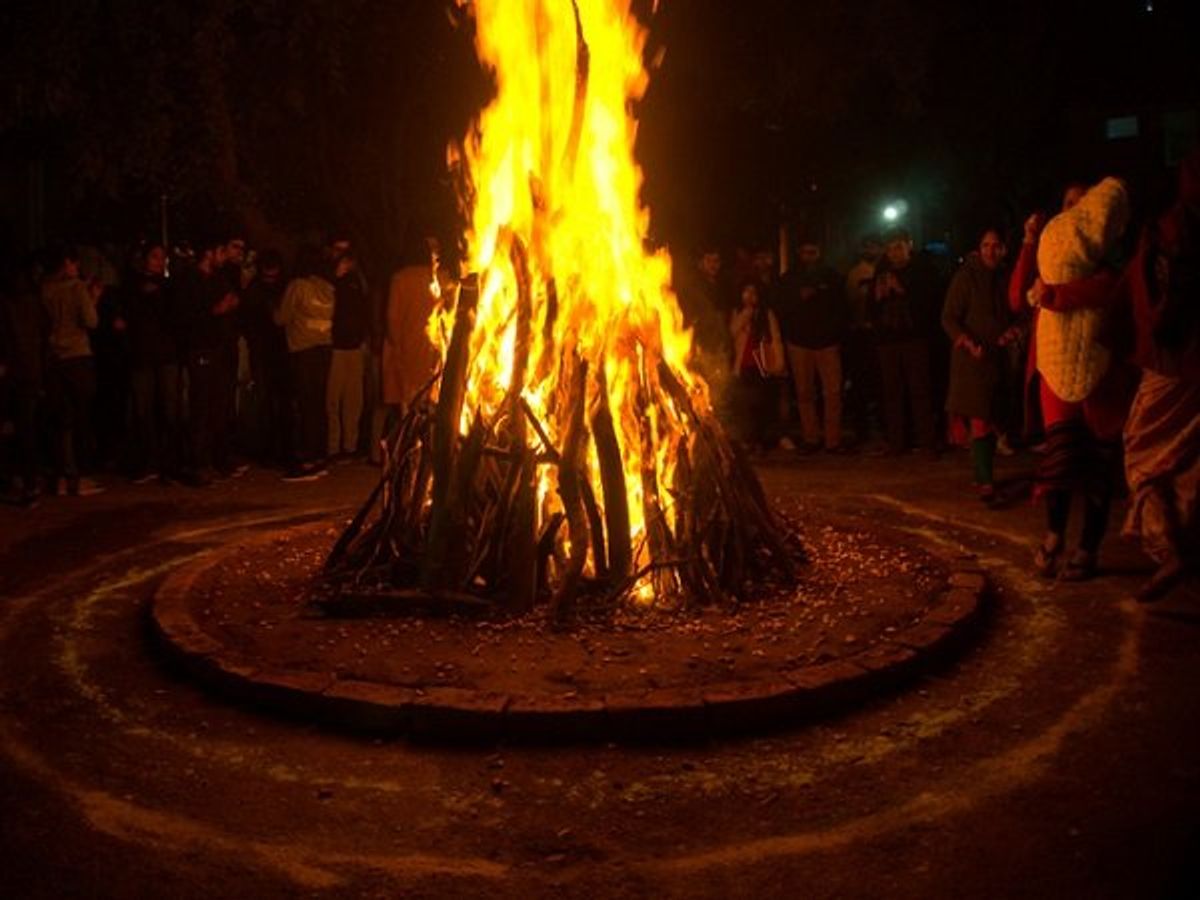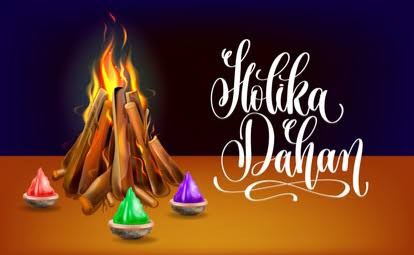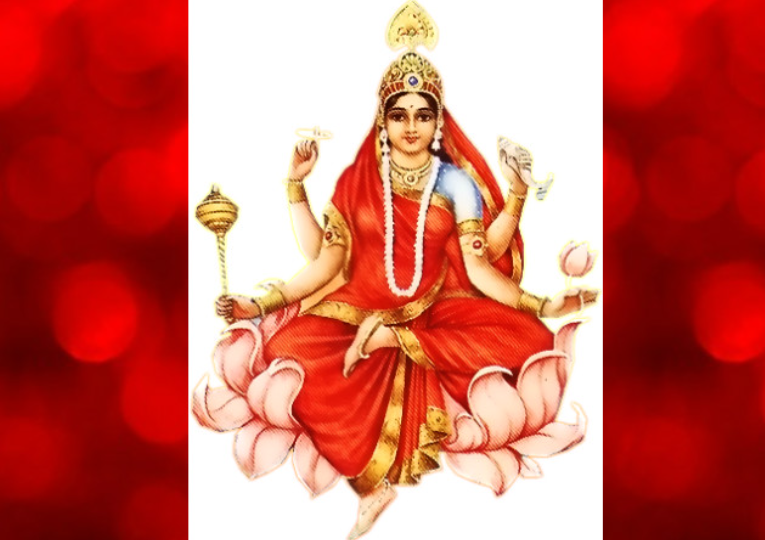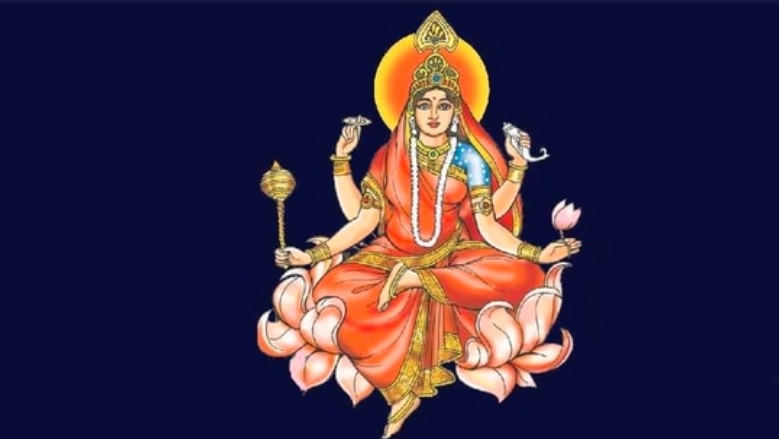New Delhi: Holika Dahan is a ritual performed before the beginning of the festival of Holi. This year, Holika Dahan will be observed on Thursday, March 17. People mark today by gathering round a bonfire to pray and carry out Holika Dahan rituals. The custom is related to Hiranyakashipu’s son Prahalad, a devotee of Lord Vishnu, and his demoness aunt, Holika. The bonfire is a reminder of the victory of fine over evil.
HOLIKA DAHAN: PUJA VIDHI
According to traditional beliefs, Holika is worshipped before Holika Dahan. By worshipping on this day, the person gets rid of all kinds of troubles from their life. On Purnima, wake up early and take a bath. Then, visit the place of Holika and sit facing east or north. Now, take some cow dung, and make idols of Holika and Prahlad from them.
After this, wash your hands and start the puja. First of all, offer water to the Holika. Then, offer Roli, Akshat, flowers, turmeric, moong, batase, gulal, seven types of grains, wheat, sugarcane, gram etc. one by one to the Holika mata. Along with Holika, worship Lord Narasimha as well. After doing the rituals, take a thread and tie it to the Holika by taking for five to seven rounds. Then, you can do the Holika Dahan.
HOLIKA DAHAN: SIGNIFICANCE
In the Hindu mythology, there is a story of Holika and Prahlad. Prahlad was the son of King Hiranyakashyap. Hiranyakashyap was against worshipping any Lord. However, his son Prahlad was an ardent follower and devotee of Lord Vishnu. Hiranyakashyap tried multiple times to kill his son due to his belief in Lord Vishnu but failed every time.
Then, one day he called his sister Holika, who had the boon of never burning in fire. King asked Holika to sit in the fire with Prahlad on his lap. Holika, following the orders of her brother, sat in the fire with Prahlad but even then, Prahlad continued to chant the name of Lord Vishnu and by the grace of Lord Vishnu, Prahlad was saved and Holika was burnt to death in that fire. Since then, the festival of Holika Dahan is celebrated every year on the day of Phalgun Purnima as a symbol of the victory of good over evil.






